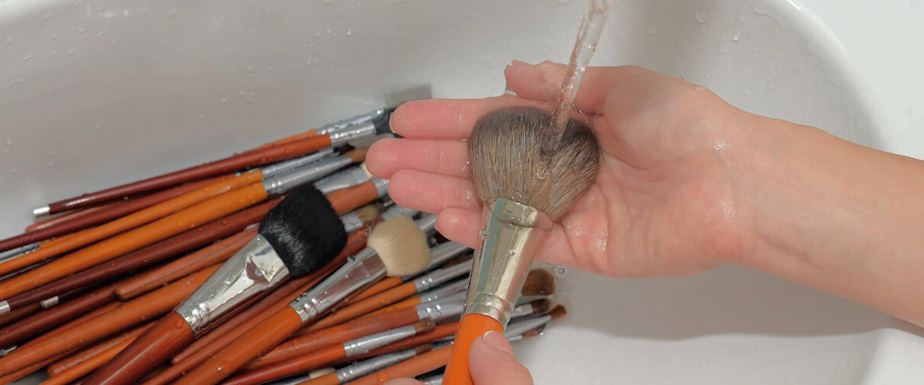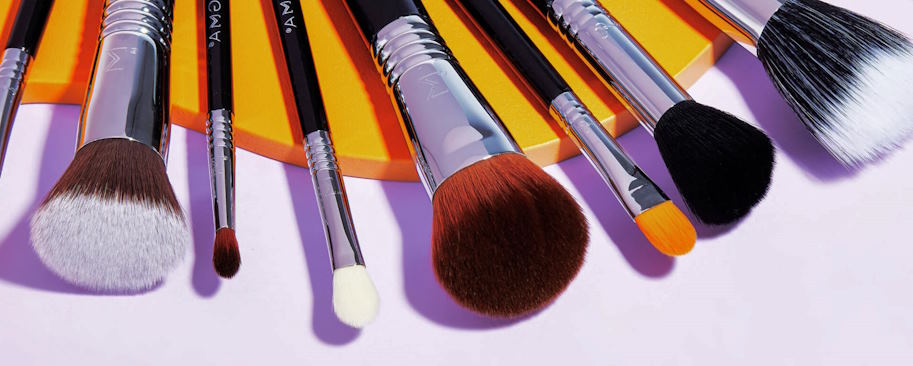
Let’s begin by saying that brushes, sponges, tweezers, and sharpeners are essential in the process of achieving perfect makeup. However, their performance isn’t solely determined by their quality. It also depends on how you maintain them. Cleaning is crucial not just for making them last longer but also for the health of your skin.
Why is it essential to care about makeup tools?
Hygiene
Regular cleaning of your makeup brushes and sponges helps prevent the accumulation of bacteria, dirt, oils, and makeup residues. These can harbor harmful microorganisms that when applied to your face, may lead to breakouts, irritations, or even infections. Keeping your tools clean ensures you’re applying makeup to a clean and healthy canvas, reducing the risk of various skin issues.
Enhanced Performance
Properly maintained brushes and sponges deliver superior performance. Clean bristles and sponge surfaces are more adept at picking up and blending makeup products. When applying foundation, eyeshadow, or blush, clean tools ensure a smoother, more even, flawless finish. It can make a significant difference in the outcome of your makeup application, helping you achieve the look you desire.

Prolonged Lifespan
Regular cleaning and maintenance help extend their lifespan. Cleaned brushes and sponges are less likely to shed bristles or break down. Proper care ensures that your tools remain in excellent condition, saving you money in the long run, as you won’t need to replace them as frequently.
Skin Health
Neglecting proper care for your tools could affect your skin’s overall health and appearance. Old makeup residues and bacteria on brushes can transfer to your skin, potentially causing acne breakouts or irritations. Clean tools, on the other hand, promote healthier skin by reducing the risk of such issues.
How often should I clean tools?
The frequency of cleaning your makeup tools can vary depending on the type of tool and how often you use it. For instance, it’s a good practice to clean your makeup brushes regularly, ideally once a week. However, suppose you use a particular brush for a product with a strong pigment or sticky consistency (like liquid foundation or concealer). In that case, you might want to clean it after every use or every couple of uses. Brushes used for powders or blushes can typically go longer between cleanings.
